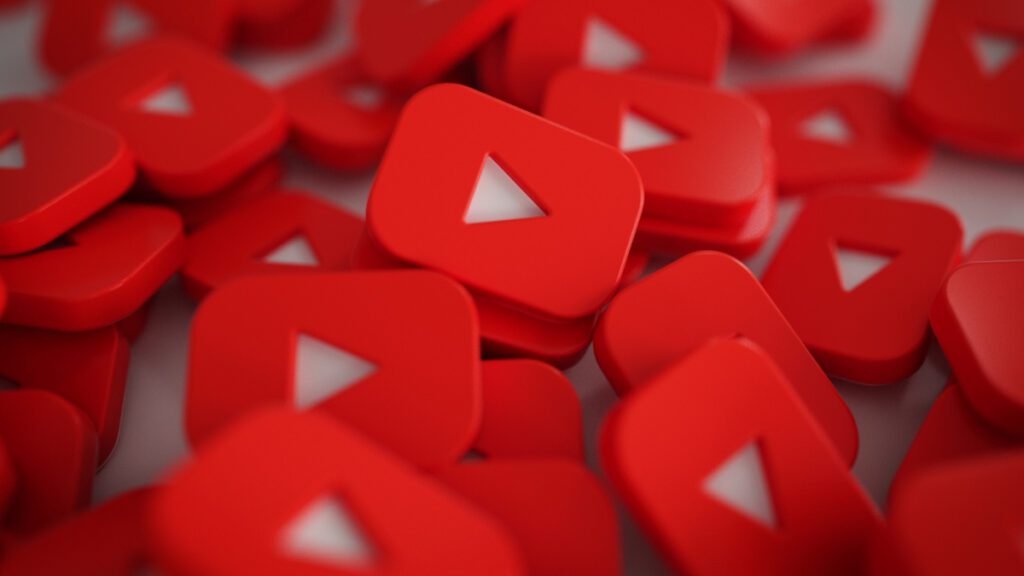YouTube has announced a major policy update targeting creators who rely on AI-generated or mass-produced content, signaling a tougher stance on what the platform deems “inauthentic” media.
Starting July 15, 2025, the platform will enforce new rules under its YouTube Partner Program (YPP) that explicitly block monetization for content considered low-quality, repetitive, or not original — a growing trend fueled by the rise of generative AI tools.
While YouTube has not yet published the full policy text, an official help page explains that these updates are designed to clarify what constitutes inauthentic content in today’s landscape, particularly in light of recent developments in AI-generated media.
Mass-Produced AI Content in the Crosshairs
From AI voiceovers on stock images and videos to entire series of fabricated news or true crime content, AI slop, a term now used to describe low-effort, mass-produced AI content, has flooded the platform. In some cases, such content has gone viral or even racked up millions of views and subscribers, raising concerns about quality and misinformation.
AI videos about celebrity trials and deepfake scams, including one impersonating YouTube CEO Neal Mohan, have raised alarm bells.
Although YouTube Head of Editorial & Creator Liaison Rene Ritchie downplayed the update in a Tuesday video as a “minor clarification” of existing rules, he acknowledged that mass-produced or spammy content has always been ineligible for monetization.
This is a clarification of our long-standing policy. It’s not meant to punish creators making reaction videos or using clips with commentary — it’s about stopping repetitive spam,” Ritchie said.
He reiterated that reaction videos, educational content, or commentary videos — even if they include reused elements — will still be eligible for monetization, provided they add substantial original input.
Cracking Down on AI Abuse and Spam
The move comes as YouTube battles growing concerns that its platform is being exploited by AI-assisted content farms, which can churn out hundreds of videos a day using text-to-video tools, AI music generators, and voice synthesisers.
Analysts warn that failing to curb this trend could damage YouTube’s credibility and value as a platform for creativity and trustable information.
Although tools to report deepfakes and manipulated content already exist on the platform, critics say enforcement has been inconsistent. The upcoming July 15 policy shift may pave the way for mass demonetization or bans of channels exploiting AI technologies for low-quality engagement farming.
YouTube, owned by Google, appears determined to protect its advertising ecosystem by ensuring only authentic and viewer-focused content remains monetizable.
For creators relying on AI tools, the new policy will mean rethinking how to combine automation with originality, or risk being cut off from ad revenue under the YouTube Partner Program.


